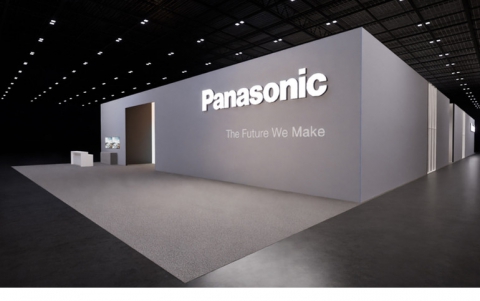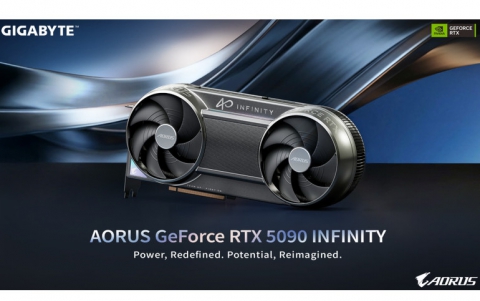
Taiwanese CD-R Makers Reluctant to Adopt Philips' Veeza Licensing System
The majority of the Taiwnese-based CD-R makers are reportedly reluctant to join Philips' new licensing system for CD-R media, dubbed "Veeza".
Philips announced Veeza licensing system in the beginning of the year, in an effort to combat unfair competition from trade in unlicensed CD-R discs. Since then, the basic holder of the patents related to CD-R discs, has been promoting the Veeza to Taiwanese optical disc manufacturers. But the Taiwanese do not seem to be willing to join it due to an overly-high royalty burden as well as unfair competition and exposure of business confidentiality issues, according to DigiTimes.com.
Taiwanese makers of CD-R discs are currently watching Philips? attitude, and the Taiwan Office of Philips Intellectual Property & Standards indicated that Veeza has been smoothly promoted in Europe since last quarter and they will beef up its promotion in Taiwan.
Acording to the CD-R makers, although Veeza cuts royalty charges by 44.4% from US$0.045 to US$0.025 per disc, the fee accounts for more than 20% of CD-R production cost, much higher than the reasonable level of 3-5%.
In addition, Philips Taiwanese makers believe that Philips is unable to enforce its CD-R licensing in China, India and other countries, therefore the acceptance of Veeza actually reduces global competitiveness.
Last but not least, the required Veeza logo embedded in each disc, a serial number on each package carton and a Licensed Status Confirmation Document (LSCD) for each shipment would enable Philips to know everything about the trading between a CD-R disc maker and its clients.
Taiwanese makers of CD-R discs are currently watching Philips? attitude, and the Taiwan Office of Philips Intellectual Property & Standards indicated that Veeza has been smoothly promoted in Europe since last quarter and they will beef up its promotion in Taiwan.
Acording to the CD-R makers, although Veeza cuts royalty charges by 44.4% from US$0.045 to US$0.025 per disc, the fee accounts for more than 20% of CD-R production cost, much higher than the reasonable level of 3-5%.
In addition, Philips Taiwanese makers believe that Philips is unable to enforce its CD-R licensing in China, India and other countries, therefore the acceptance of Veeza actually reduces global competitiveness.
Last but not least, the required Veeza logo embedded in each disc, a serial number on each package carton and a Licensed Status Confirmation Document (LSCD) for each shipment would enable Philips to know everything about the trading between a CD-R disc maker and its clients.




















